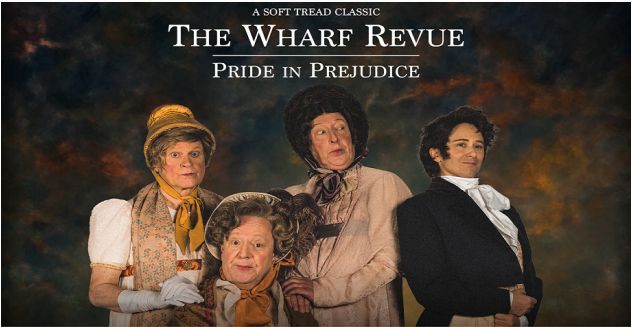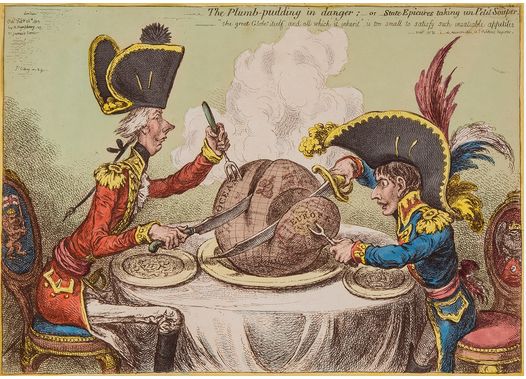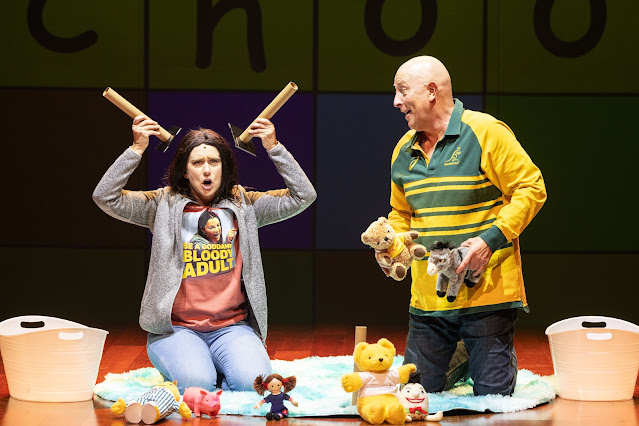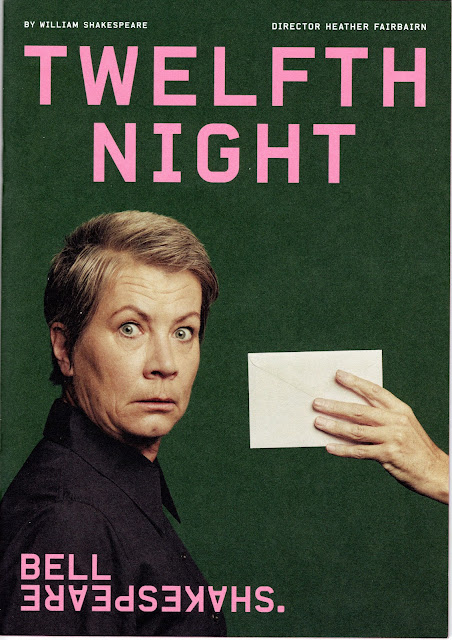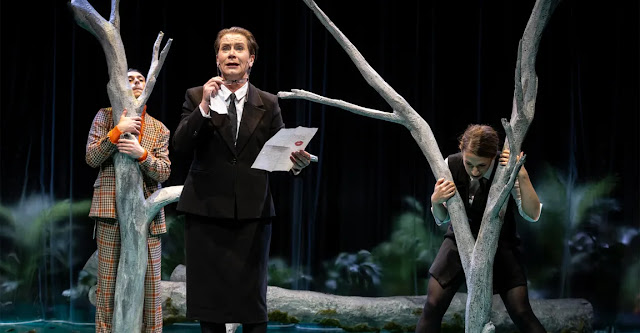The Memory of Water by Shelagh Stephenson. Ensemble Theatre, Sydney, October 20 – November 25, 2023.
Reviewed by Frank McKone
October 28
Creatives:
Director – Rachel Chant
Set & Costume Designer – Veronique Benett; Lighting Designer – Kelsey Lee
Composer & Sound Designer – David Bergman;
Dialect Coach – Linda Nicholls-Gidley
Intimacy, Movement & Fight Director – Nigel Poulton
Stage Manager – Lauren Tulloh; Asst. Stage Manager – Alexis Worthing
Costume Supervisor – Renata Beslik; Wig Stylist – Lauren Proietti
Costume Maker – Margaret Gill
Production Secondment – Lara Kyriazis
Cast:
Mary – Michala Banas; Teresa – Jo Downing; Catherine – Madeleine Jones
Mike – Johnny Nasser; Frank – Thomas Campbell
Vi – Nicole da Silva
Because I found myself feeling uncomfortable laughing at the dysfunctional behaviour of the three sisters preparing for their mother’s funeral, I have broken my standard rule of not reading other reviews before writing my own, about a play I haven’t previously known about.
So I read Chris Wiegand’s review of the 2021 revival of Shelagh Stephenson’s 1996 The Memory of Water, staged at the same Hampstead Theatre, London, where it had opened originally before becoming famous – at
www.theguardian.com/stage/2021/sep/12/the-memory-of-water-review-shelagh-stephenson-hampstead-theatre
Wiegand wrote that the sisters’ “transgressions [from a standard Sudden Death Etiquette guide] make Stephenson’s play sound like a farce. But it precariously balances riotous humour with pathos”.
I agreed on this point, which is essentially about the script-writing by Stephenson causing my discomfort. It’s certainly not about the quality of the actors’ performances, or about the wonderful set design of the old lady’s bedroom full of all the stuff she would never throw away.
Weigand’s next point is also about the script: “However, much of the play’s humour seems frozen in time too, with flat routines about vitamin fads, leaves on railway lines and colonic irrigation. Although dope and whiskey are passed around, the comedy never achieves a true headiness and the sisters’ quips and snipes don’t always sting as they should.” And like him I felt at the end that “It’s the play’s melancholia that lingers in the memory rather than the comedy.”
And yet the author, about “the first stage play I ever wrote” and quoted in her Writer’s Note in Ensemble’s program, says “What I’ve learnt is that the human desire – in fact need – to laugh together, in a darkened theatre, is universal and very strong.”
This has made me wonder if I had seen this excellent performance in a conventional darkened theatre, where the action is set at an emotional distance from my seat hidden in the dark, I would have safely laughed at these characters’ unreal behaviour.
But in Hayes Gordon’s intimate in-the-round theatre, we are not safely in the dark. The beauty of The Ensemble is, it is exactly that: we and the actors are an ensemble together, and we – watching – are not emotionally separated. We feel we are in the room with the sisters Mary, Teresa and Catherine. The great moment of truth was when Mike burst through the window out of the snow storm. We were literally as shocked as the women in our bedroom were. In a conventional theatre we would have laughed. In The Ensemble, my wife screamed, grabbed my hand and held on until it became clear that Mike was known to Mary, that the weather outside really was freezing, and that the doorbell wasn’t working. Only then could we sit back to see what would happen next.
An important aspect of the play is that the sisters’ mother, Vi, though in her coffin, appears to Mary as if she is real. They argue about Mary’s treatment as a child, and about what happened to the child Mary had, aged fourteen.
In a proscenium style theatre, I could sit back and accept this as a theatrical device to raise such issues. Their conflict might even seem funny.
But in The Ensemble, like Mary, we see Vi as real – even if we know that she must be really in Mary’s imagination. Yet Vi knows things about what happened that Mary didn’t. At this point, as the play ended, I found myself not wanting to break out into clapping and cheering – though the actors deserved it – because I was suddenly realising that for Mary this play is a tragedy, made worse when Mike makes it clear that he will not leave his wife to marry her.
The question that hung over my mind while I knew I should clap was, Who was the father of Mary’s son Patrick? With her mother’s insistence that she make herself attractive to men, at 14, was the father a man who had burst into her bedroom like we had seen Mike do? Was it a man who had taken advantage of Vi’s failure to tell her daughter what she needed to know about sex? Worst of all, may it have been Mary’s own father? One of Mary’s jibes at Catherine had been how she found herself stuck with Frank – a man just like their father.
So, discomforted though I may have been seeing The Memory of Water in Ensemble’s intimate setting, on reflection I see the play as more tragedy than comedy. And perhaps I may have missed that level of empathy if I had seen it in a conventional theatre.
Only your seeing this production of The Memory of Water at The Ensemble will answer that question for you.
Photos by Prudence Upton
 |
| The three sisters dressing up in their mother's fancy clothes in The Memory of Water by Shelagh Stephenson Ensemble Theatre 2023 |
 |
| Michala Banas, Nicole da Silva as Mary and her now dead mother Vi in The Memory of Water Ensemble Theatre 2023 |
 |
| Mike's entry from the snowstorm |
©Frank McKone, Canberra

